The three days between April 14 and 16, 2020, saw the dramatic arrest and subsequent bail of a popular Marathi TV reporter over a news item. This led to heated debates within journalistic circles at both, state and national levels. This article underlines the core issue and insists that the fundamentals of journalism need to be preserved
In the morning of April 15, Osmanabad correspondent Rahul Kulkarni of ABP Maza TV news channel was rounded up and taken to the Bandra, Mumbai police headquarters for interrogation. The next evening, Rahul was released after the court granted him bail. This episode was triggered by a news clip filed by Rahul on April 14, about special trains being planned for migrant labourers stranded in the nation-wide lockdown. The police alleged that the report led to a major crowd gathering outside Bandra railway station, in spite of the lockdown. Hundreds of migrant labourers descended upon the station and demanded the early release of relief trains. Police investigations revealed there were two causes for the incident - the ABP Maza TV report, and a social media campaign run by labour activist Vinay Dubey, calling upon migrant labourers to assemble at Bandra station.
The arrest of Vinay Dubey was unanimously welcomed due to his callous instigation to congregate in gross violation of the pandemic control rules in force. But Rahul Kulkarni's arrest stirred debate for the next two days because ABP Maza has been among the top three regional news channels in the state for the last 10-15 years (in terms of quality and viewer statistics). Rahul too ranks among the top 10 TV reporters in the state (in terms of reliability and quality).
Both the channel and their correspondent have a large fan following. They also have their set of critics. The fans and critics often take positions based on personal prejudices and ideological differences. Naturally, this episode sparked a flurry of strongly-worded statements, reactions, and opinion pieces. In the heat of the moment, both sides often lost sight of the core issue and tended to exaggerate, digress, or distort facts. This was understandable to some extent because of the sensational nature of the standoff outside Bandra station. Thankfully, some senior editors, stuck to the core issue and limited their commentary to the incident itself.
A recording of the two-and-a-half minute news clip broadcast by Rahul from Osmanabad and the bulletin anchor from Mumbai is today available for reference. An internal letter of the railways, on the basis of which the report was filed, has been posted by Rahul on his Facebook page. If you carefully go through both, two questions pop up - Was the news clip responsible for the gathering outside the Bandra railways station? Was it a news clip that could have caused confusion among listeners about the resumption of trains?
Of these, the first question can best be answered only by the police. The answer would depend on the kind of reports they received and the veracity of those reports. How deep would they be able to probe, how well would they be able to follow up with the courts, is something outsiders cannot say for now. If the reports are sketchy, then state government and nobody from the three-party ruling coalition would be keen to press the matter further (that is unless someone in power has an axe to grind against Rahul and his channel). Also considering the influence that the channel owners and the editor reportedly enjoy in the corridors of power, it would be easy for them to clear up the matter ( That is unless they decide that any publicity is good publicity for the channel). But it generally seems the authorities were able to quickly diffuse the situation at Bandra station, without too much damage. The incident may therefore soon be forgotten.
The answer to the second question, however, is something each one of us must try to find, especially those who swear by and practice the fundamental principles of journalism, as best as they can. Of course, one can conveniently ignore what happened or offer "no comments". But one would be abdicating one's responsibility that way. I, therefore, see the issue as follows.
The original 21-day lockdown was scheduled to end on April 14 , but two days before that, Maharashtra chief minister Uddhay Thackeray announced the decision to extend the lockdown in the state till April 30. The prime minister was to make the final statement on the matter, along with a few other decisions, at 10 am on April 14. The entire country waited with bated breath for the PM's address (with fear of extension being mixed with anticipation of release). It was abundantly clear to everyone that any important announcement regarding the rollback of restrictions if any would be made in that speech. What then was the compelling reason for a Marathi regional TV channel to "break" news about trains for stranded migrants, at 9 am - just an hour before the PM's speech? What did the concerned journalists hope to achieve with it, other than some cheeky thrill of running a news exclusive? Even if that were to be granted, why was the "exclusive" not verified before airing it?
The railway internal letter, which some over-enthusiastic official probably handed over to Rahul, was dated April 13. The letter is evidently not addressed to the press for dissemination to the public. It was probably photocopied (surreptitiously?) by someone in the railway administration and sent to Rahul. Granted that it's in the competitive nature of the profession that journalists like to rush to town with an exclusive. But during the 12 to 15 hours after receiving the copy, Kulkarni should have verified if railway authorities had arrived at a decision to run such trains. Or if they had cancelled or modified the proposal? Ideally, the editorial section at ABP Maza should have run its own verification of the contents of the letter.
It's understandable that the editorial section perhaps did not see the need to run such a check for an experienced (10 plus years), reliable and well-informed correspondent. It is likely that in the rush to beat rival channels, the consequences of the report turning out false, did not readily occur to staffers. It's also true that after the PM's speech, the channel did not run the news clip (since there was no mention of relief trains in the speech). The question still remains, whether the news item was broadcast on the basis of insufficient information and over-enthusiasm? I think, yes. But ABP Maza representatives, including editor Rajeev Khandekar, argue that they never mentioned any date or place for the train. They claim they reported that the government was planning to run such trains for stranded labourers. Yes , this is true.
It's pertinent therefore to listen to what the news clip says. The anchor says, "Here is news of utmost importance. Labourers are stranded (due to the lockdown). The railways are planning to run special trains in each division to help the labourers return to their hometowns." At the same time, the news ticker on the screen read "Are trains about to resume?". Correspondent Rahul chimes in, "Letters have been despatched, details have been sent. Train services are to be resumed. The plan is ready." Towards the end of the clip, Rahul reiterates, "Trains will run to help labourers and workers return home."
The news item is clearly one that would reassure some, bring hope to others, and send a few others scampering to pack their bags. To those tormented by the lockdown, who had their eyes glued to TV screens and ears tuned to the latest government announcements, to those workers and labourers, the news definitely had the potential to create chaos! However, it may be forgiven if Rahul and others at the channel did not realise this at that point, considering the frantic pace at which news items are filed and broadcast in TV newsrooms.
The real objectionable part lies ahead. "We have made no mistake in broadcasting that news item. We remain firm on this." Everybody at the channel seems to be taking the above stand. This indicates that they are unwilling to introspect. They lack the courage and integrity to express regret by admitting that they ran the news item out of either over-enthusiasm, indiscretion, or oversight. This is both surprising and shocking.
It is because of this stand that ABP Maaza loses any moral ground to question the police action against Rahul. 'Why did the police not conduct a thorough enquiry into the link between the incident at Bandra station and the news item? Why did they not serve a notice? Why did they transport Rahul to Mumbai so hastily amid dangerous pandemic circumstances?' The channel could have ordinarily asked these questions.
But if you condone the hasty broadcasting of a news item, that is based on insufficient and unofficial information, how can you question the police for acting hastily on insufficient information or hearsay. One can't hope to gain support for such an argument.
If the channel puts up a lame defence that "We published the news as per our mandate to protect public interest.", you can expect a similar defence from the police. They are after all mandated to conduct quick enquiries, however imperfect, and take corrective action after such major incidents. They are also expected to report these actions to bureaucracy, ministers, and the courts.
The point, therefore, is that news was aired in a wrong manner and the police conducted the arrest in a wrong manner. The police and governments seldom admit such mistakes. They may make amends by filing a weak case, with insufficient evidence and many loopholes for the accused to get off the hook. But they will never admit they were wrong to arrest. The system perhaps cannot afford to do so.
But journalism is not only a profession, it's an occupation and certain amount of principled behaviour is expected of journalists. Preparedness to admit one's mistakes is seen as a virtue in journalism. When a journalist with high merit and reliability admits his / her mistake, his/ her standing grows further. Well-wishers of Rajeev Khandekar and Rahul Kulkarni, including your truly, wish they avail of this opportunity to grow further. Also, whether the upper management at ABP Maza finds it practical or affordable to take such a moral stand, remains to be seen.
P.S: Rajeev Khandekar's illustrious track record in print and TV journalism needs no introduction. However, those unfamiliar with Rahul Kulkarni's work will do well to refer to the Sadhana's Diwali special edition released in 2016. He has written a seminal 30-page essay titled "Mazi Duskhal Diary" (My Famine Diary).
(Read Mazi Duskhal Diary (Marathi) on Sadhana Archive or in PDF)
- Vinod Shirsath
editor@kartavyasadhana.in
(Translation by Sanjay Pendse)
Read Original Marathi Version: राहुल- राजीव, चुकीची कबुली द्यायला हवी !
Tags: Lockdown Maharashtra Rahul Kulkarni ABP Majha Rajiv Khandekar Vinod Shirsath Journalism Journalist Arrest Load More Tags

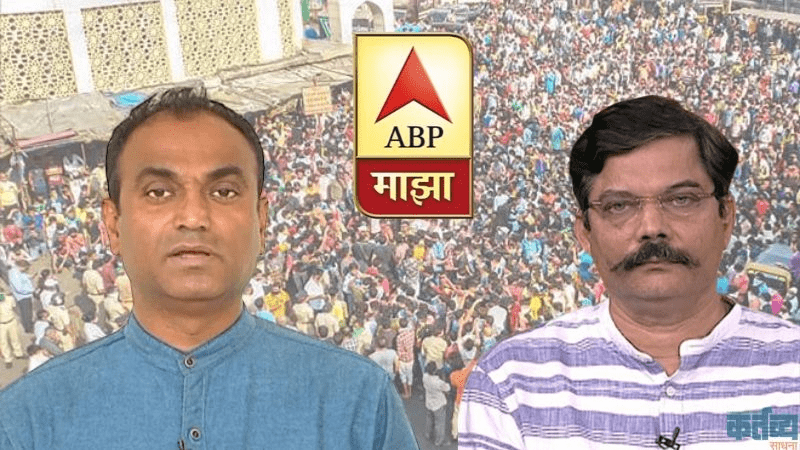
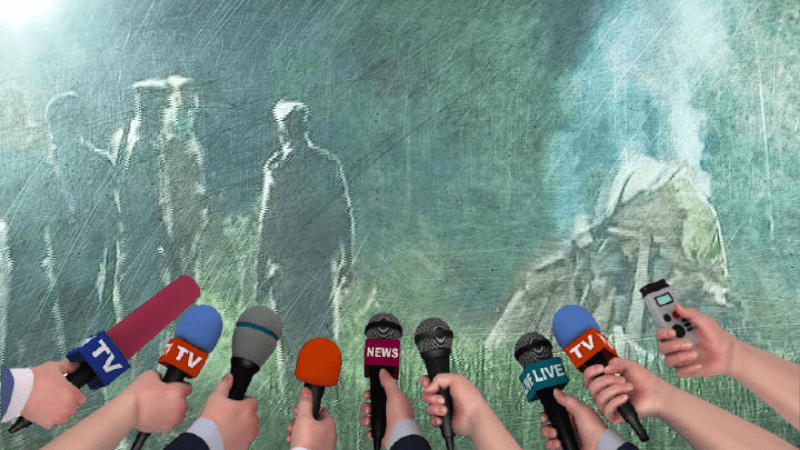
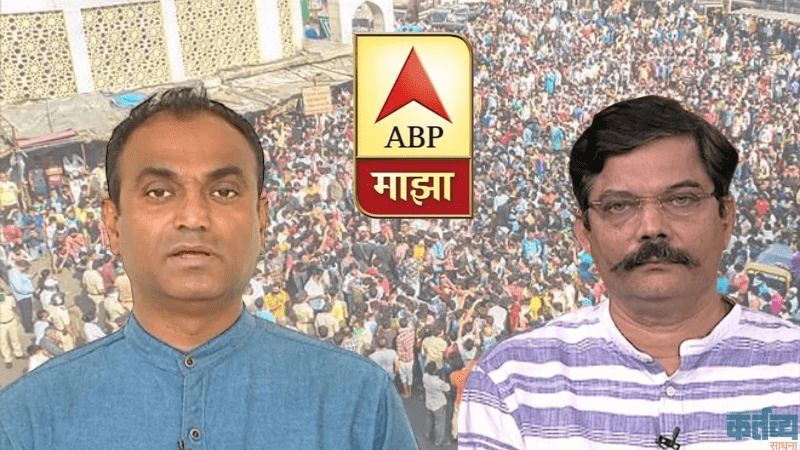
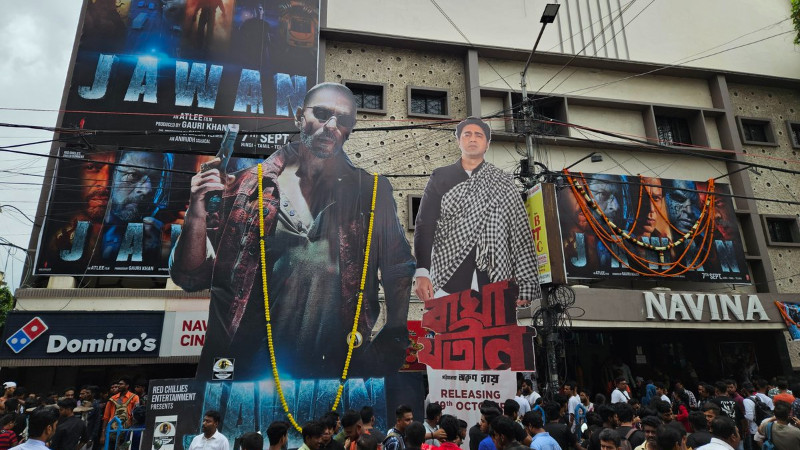
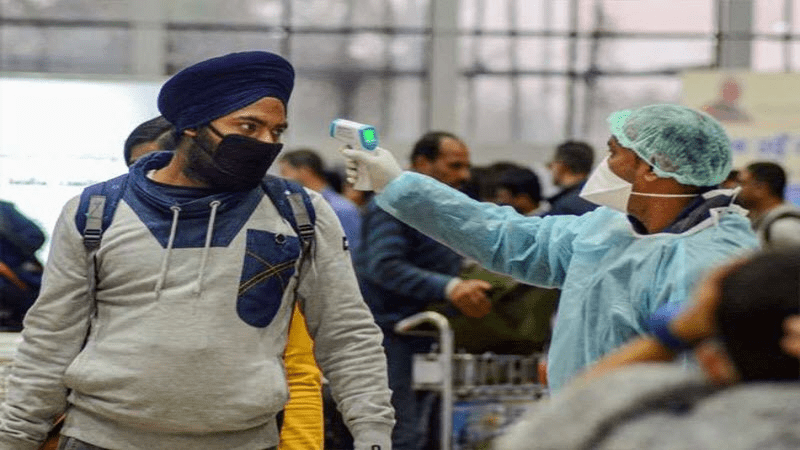

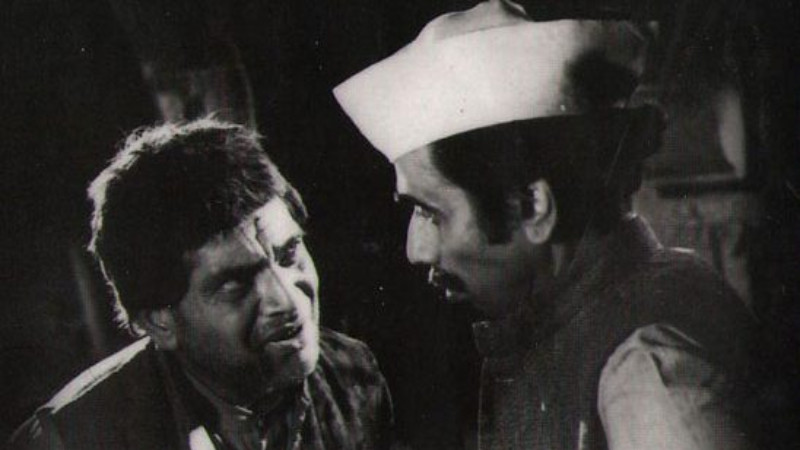
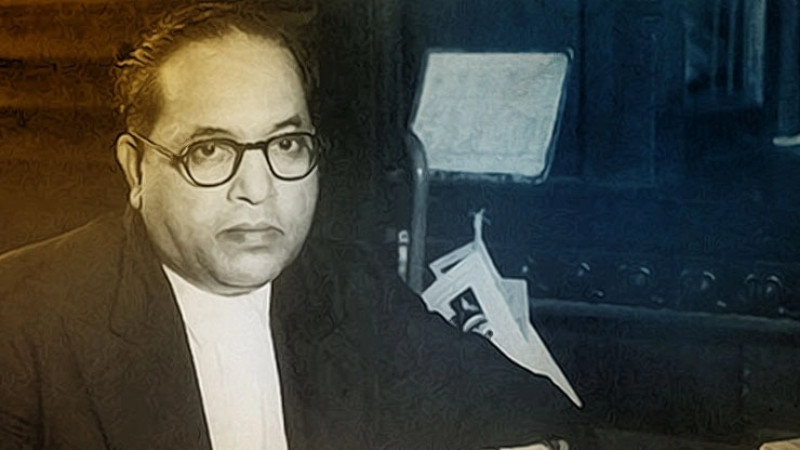
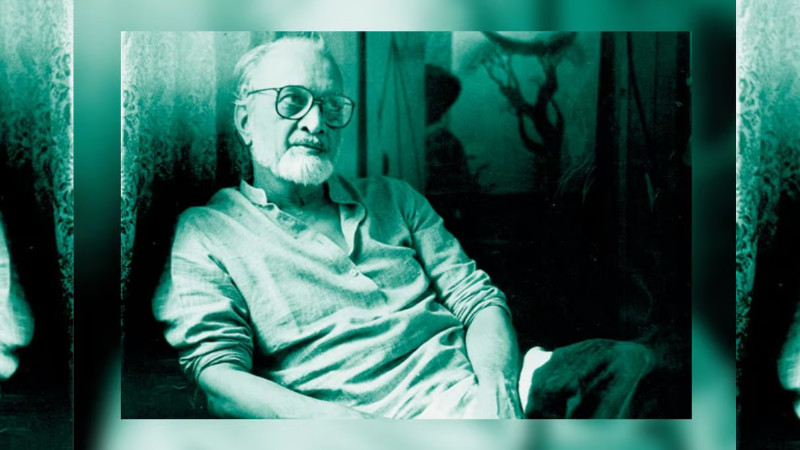
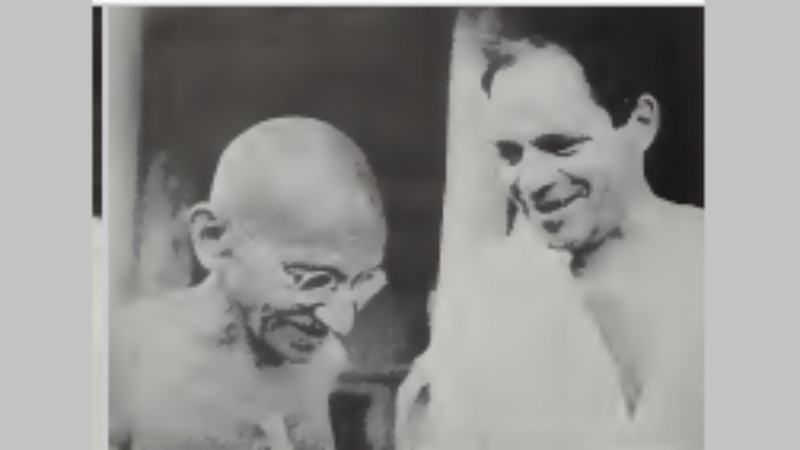
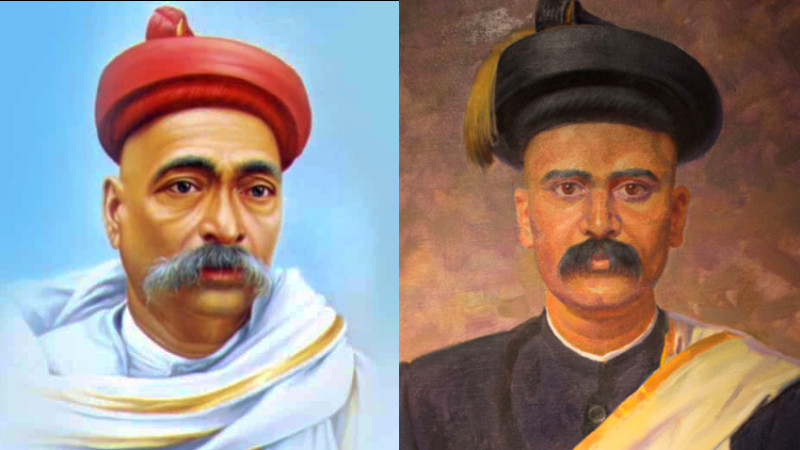
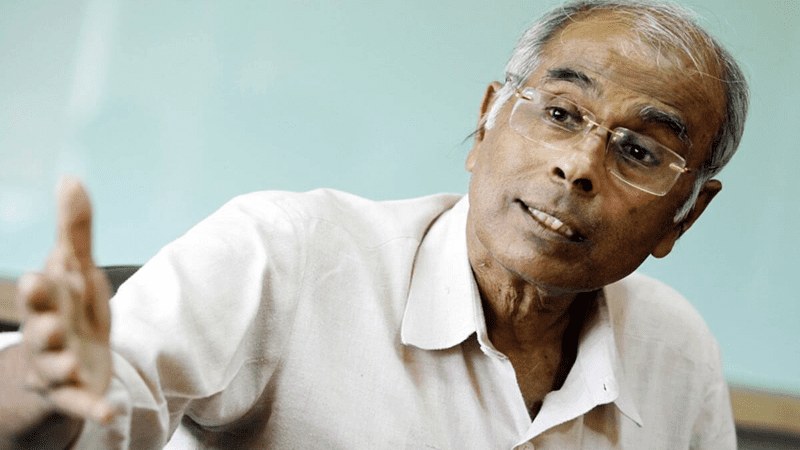
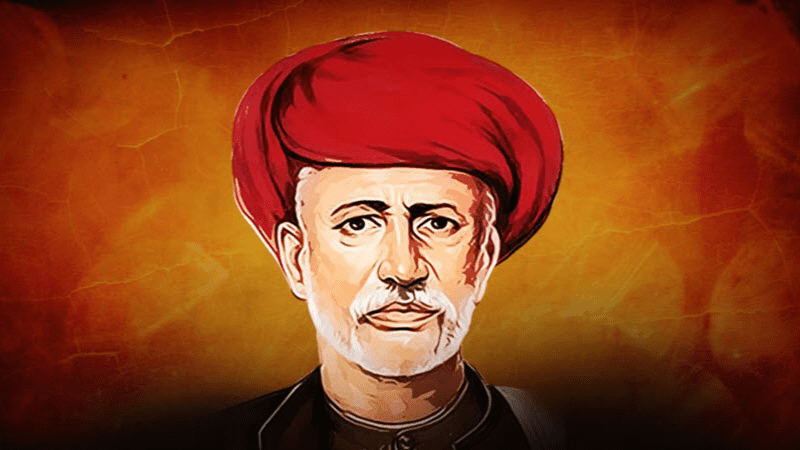

























Add Comment